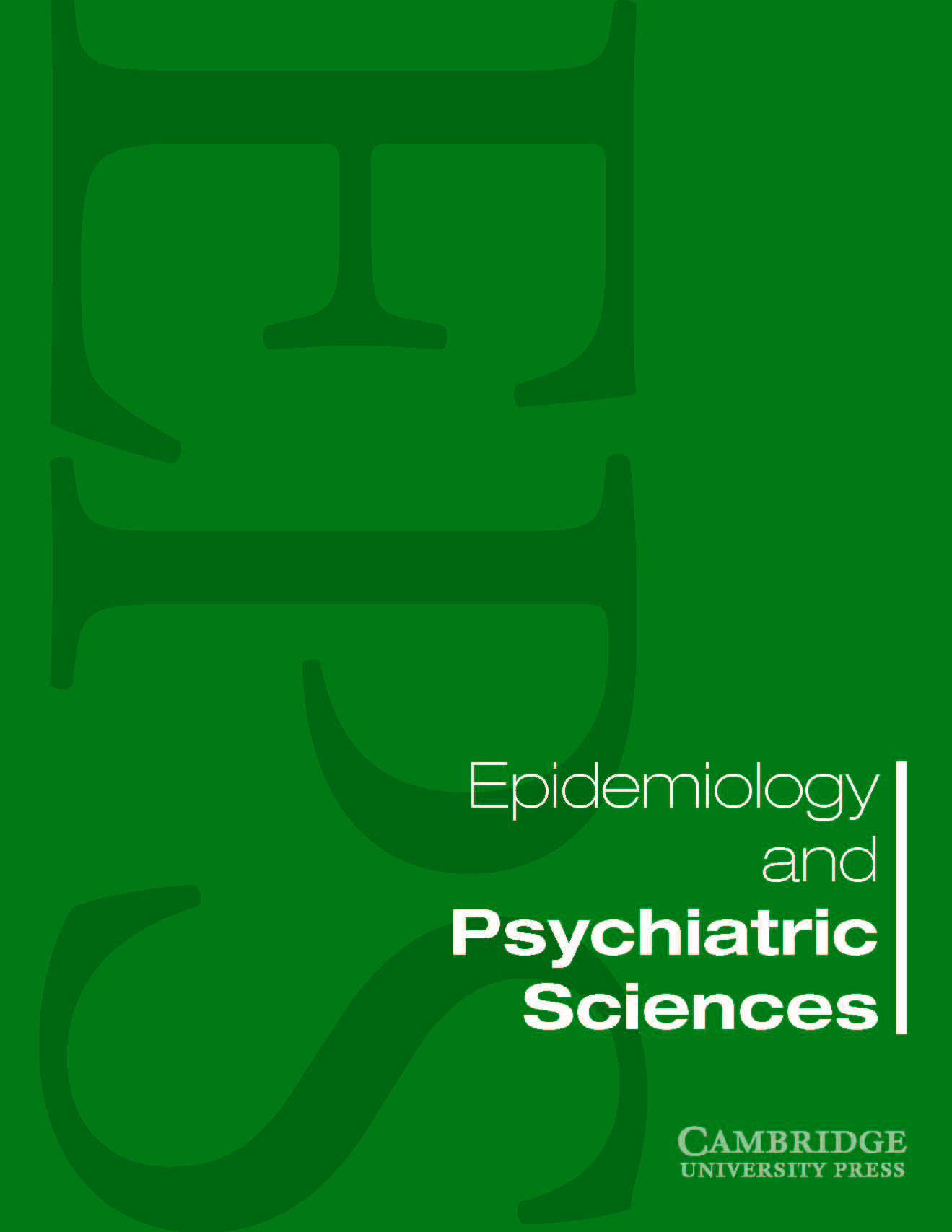破碎的灵魂 "与 "疯狂的斧头男"--10 年来德国媒体对抑郁症和精神分裂症的描述变化
IF 6.1
2区 医学
Q1 PSYCHIATRY
引用次数: 0
摘要
研究目的 人口研究表明,抑郁症的耻辱感在减少,而精神分裂症的耻辱感在增加。为了了解这种差距的扩大是否反映在媒体对这两种疾病的描述中,本研究比较了 2010 年和 2020 年德国平面媒体对抑郁症和精神分裂症的描述。方法 我们采用演绎-归纳混合法进行了定性内容分析,建立了一个分类系统。我们采用 Mayring 的总结性方法共分析了 854 篇文章。结果 研究发现,2010 年至 2020 年间,德国媒体对精神分裂症和抑郁症的描述差距越来越大。在 2010 年至 2020 年期间,精神分裂症的描述越来越负面,涵盖了更多负面的刻板印象,并侧重于其生物学原因。抑郁症受到更多关注,报道更加中立和专业,更加强调社会心理原因和对治疗方案的讨论。结论 通过显示差距的扩大,本研究强调了媒体如何塑造公众对精神疾病的看法,同时也反映了公众的态度。其他国家的媒体分析也显示了类似的趋势。这就强调了负责任的报道对于消除污名化和促进全球理解的必要性。因此,作者建议进行均衡的报道,包括有关所有精神疾病的准确专业信息。本文章由计算机程序翻译,如有差异,请以英文原文为准。
‘Broken souls’ vs. ‘mad ax man’ – changes in the portrayal of depression and schizophrenia in the German media over 10 years
Aims Population studies show the stigma of depression to diminish, while the stigma of schizophrenia increases. To find out whether this widening gap is reflected in the media portrayal of both disorders, this study compares the portrayal of depression and schizophrenia in German print media in 2010 vs. 2020. Methods We conducted a qualitative content analysis using a mixed deductive-inductive approach to establish a category system. In total, we analyzed 854 articles with the summative approach by Mayring. Results The study found a widening gap in the portrayal of schizophrenia and depression in German media between 2010 and 2020. Schizophrenia was depicted increasingly negative between 2010 and 2020, covering more negative stereotypes and focusing on its biological causes. Depression received increased attention and more neutral and professional coverage, with a greater emphasis on psychosocial causes and discussion of treatment options. Conclusions By showing a widening gap the study highlights how media may shape public views on mental illnesses and reflects public attitudes at the same time. Media analyses from other nations have shown similar trends. This emphasizes the need for responsible reporting to combat stigma and promote understanding worldwide. Therefore, the authors recommend a balanced coverage that includes accurate professional information about all mental illnesses.
求助全文
通过发布文献求助,成功后即可免费获取论文全文。
去求助
来源期刊

Epidemiology and Psychiatric Sciences
PSYCHIATRY-
CiteScore
7.80
自引率
1.20%
发文量
121
审稿时长
>12 weeks
期刊介绍:
Epidemiology and Psychiatric Sciences is a prestigious international, peer-reviewed journal that has been publishing in Open Access format since 2020. Formerly known as Epidemiologia e Psichiatria Sociale and established in 1992 by Michele Tansella, the journal prioritizes highly relevant and innovative research articles and systematic reviews in the areas of public mental health and policy, mental health services and system research, as well as epidemiological and social psychiatry. Join us in advancing knowledge and understanding in these critical fields.
 求助内容:
求助内容: 应助结果提醒方式:
应助结果提醒方式:


